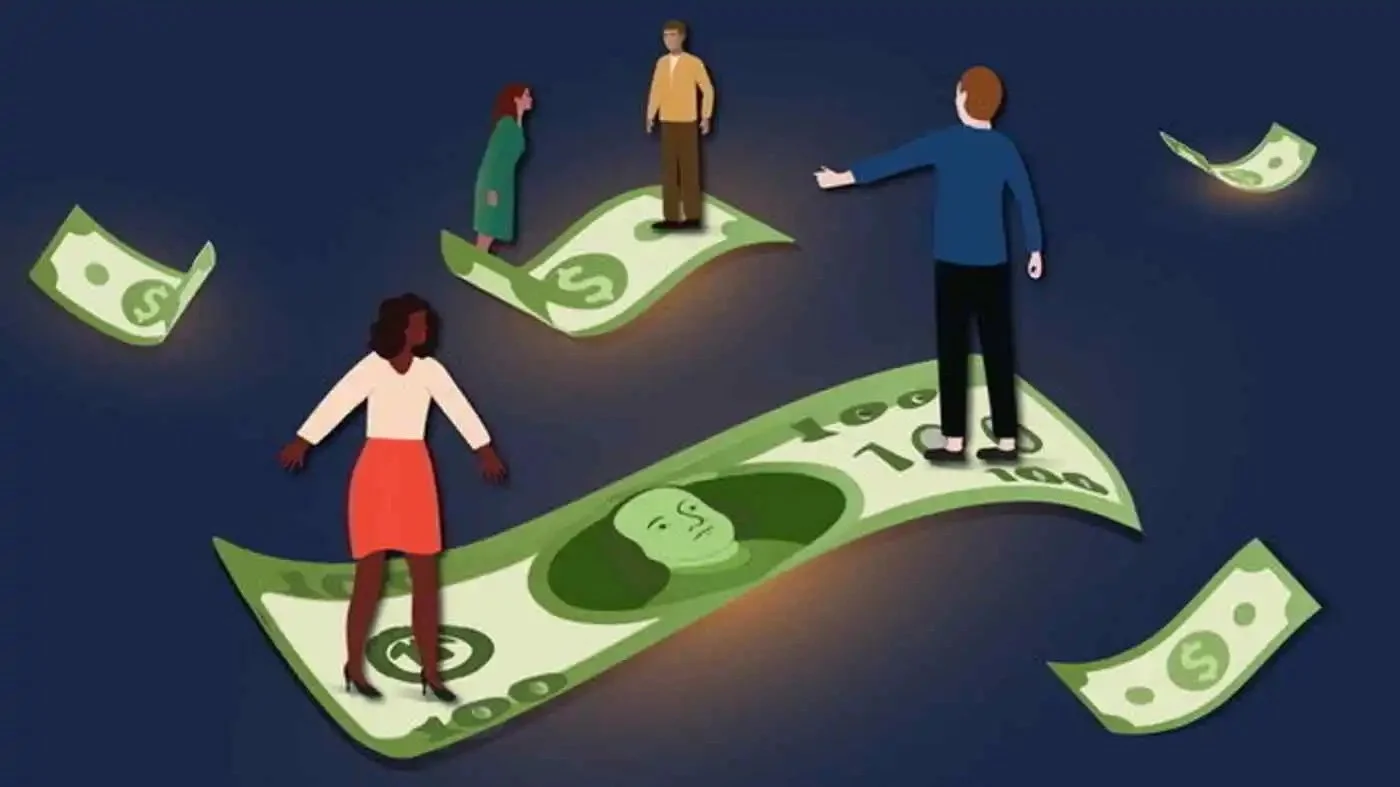As climate change increases the intensity of natural disasters, India’s monsoon season and resulting flooding increasingly threaten women’s autonomy. Globally, researchers are concerned that climate events are reversing progress made in women’s labor force participation, especially in low-income or rural areas. Elena Stacy, doctoral candidate in Berkeley’s Department of Agricultural and Resource Economics (ARE) and fellow through the O-Lab and Energy Institute’s Initiative on Equity in Energy and Environmental Economics, investigates this dynamic in detail in her project: “The Impact of Floods on Women’s Empowerment and Female Labor Force Participation in Rural India in the Age of Climate Change.”
Before beginning her PhD at UC Berkeley, Elena spent time as a Pre-Doctoral Research Assistant with Yale’s Economic Growth Center. There, she worked on a project designed to improve the cost and time-effectiveness of time use surveys, a type of survey module which measures how individuals allocate time towards different activities in a 24-hour period. Elena worked with Rohini Pande in Patna, Bihar, during the summer — India’s rainy season — and was often ankle-deep in water on her walk to work. It was the combination of these experiences that led Elena to consider using time-use data to better understand how women are impacted by climate disasters in India.
Elena’s project stands to explore the relationship between labor outcomes and climate impacts in a rural setting with an emphasis on gender disparities, filling an important research gap: while researchers have studied why women’s participation in the workforce is declining in India, and multiple studies have demonstrated how labor force participation advances women’s autonomy, few studies focus on how climate change complicates this dynamic. Elena’s paper contributes to this literature by leveraging time use data, which provides new insight into the drivers of low labor force participation among women. “If women are shifting away from labor, what is their time used on instead?”
To understand how women’s labor force participation is impacted by flooding, Elena cross-references time use data with geospatial data from the NASA MODIS satellite dataset. After converting geospatial images to usable data, she can estimate the severity and timing of flooding in different districts. Because the time use data is collected at different points in the year, it’s then possible to measure how women’s time use changes before and after a major flood event.
Eman Nazir, Undergraduate Research Apprentice
Hayley Lai, Undergraduate Research Apprentice
Through the 2022-2023 academic year, Elena has been conducting this work as part of O-Lab and the Energy Institute’s Initiative on Equity in Energy and Environmental Economics, which pairs graduate student fellows with undergraduate students, who benefit from research experience and graduate student mentorship. During her time as an undergraduate student at Berkeley, Elena spent time as an undergraduate research assistant herself, influencing her participation in the initiative: “My personal experience as an undergrad has definitely played a role in my own desire to be a graduate student mentor, and has also informed my approach in it.” Elena’s undergraduate mentees, Eman Nazir and Hayley Lai, have previous experience advocating for environmental justice and women’s empowerment; Elena described how it was important for her to steward their curiosity in her research questions, and provide plenty of country context, to lay a foundation for their data analysis tasks. Since beginning their partnership in Fall 2022, Eman and Hayley have built on their existing experience with R to tackle more advanced data cleaning tasks, and gained experience working with geospatial data. “They’ve put in a lot of work in terms of understanding the project, advancing their programming skills and conducting research,” says Elena. “I’m lucky to have two great, undergrad women in Econ on my mentee team.”
While Elena is still in the early stages of her project, she’s hopeful that her research will inform meaningful policy impact and spur future research on the intersection of gender and climate change in India. In the short term, as Elena cleans, links, and processes novel data, she intends to share it online, alongside her code, in order to make it more approachable for other researchers to examine the impacts of flooding. In the future, if her work does find that floods and severe climate events are disproportionately shifting women away from labor, she hopes that policymakers will make efforts to alleviate these disparities — for example, by specifically targeting women through the state’s existing government labor program, NREGA, or providing alternative childcare options in the event of school closures.


























